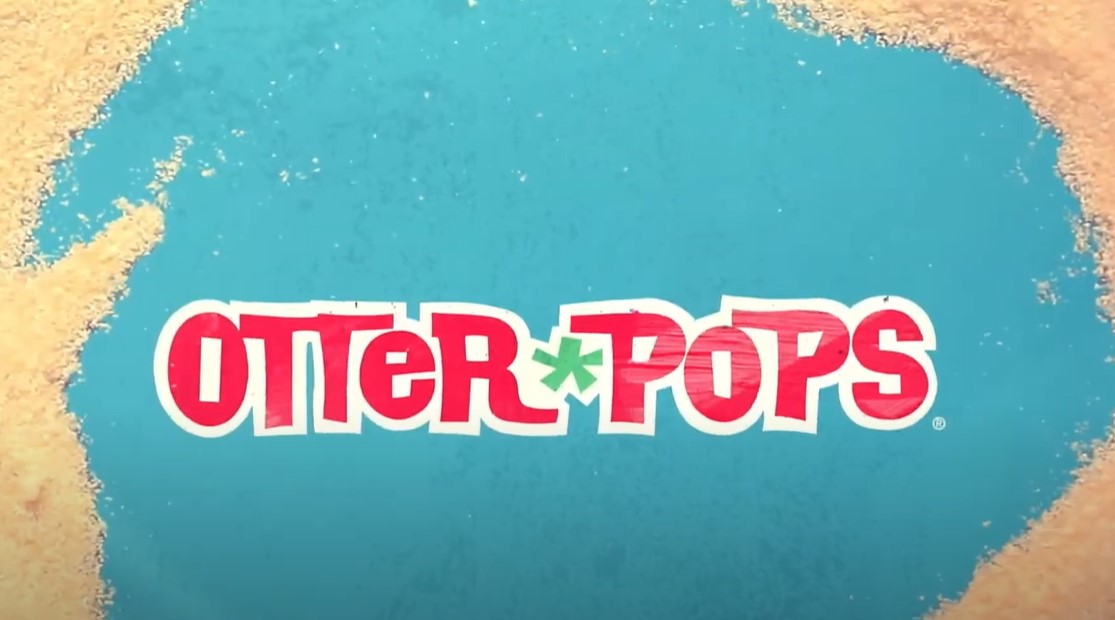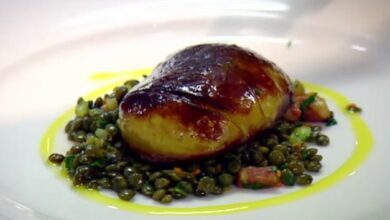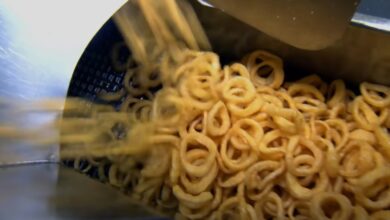Otter Pops Nutrition Facts
Diving into the colorful world of Otter Pops nutrition facts, have you ever pondered about the sweet secrets behind these beloved icy treats? Unraveling the sugary mix of ingredients, caloric content, and the surprising nutritional aspects of these popular pops, this article is set to freeze-frame a burst of knowledge that will add a new twist to your summer refreshments - an icy exploration you can't afford to miss.
Otter Pop nutrition facts transport us back to summer days when the sun beamed brightly, and our greatest concern was which Otter Pop flavor to choose next. These iconic frozen treats are synonymous with childhood memories and pose questions about nutritional content. Want to dive deep into the world of Otter Pops? Let’s chill and unravel the facts together! ❄️🍧
A Glimpse Into Otter Pops
The allure of Otter Pops isn’t just in their refreshing taste but also in the quirky characters representing each flavor. From the zesty Sir Isaac Lime to the sweet delight of Alexander the Grape, each Otter Pop flavor has its unique nutritional profile.
- Ingredients: While the base ingredients include water, sugar, and a mix of flavorings, each Otter Pop also contains food colors and some preservatives.
- Flavors: Otter Pops have graced us with various flavors, including Louie bloo raspberry, strawberry short kook, poncho punch, and lil orphan orange.
- Varieties: Apart from the original ice Pops, there are sugar-free options for those monitoring sugar intake. The presence of sugar-free versions brings us to a critical question: Otter Pops are sugar-free, but are they as delicious? Many believe they retain the essence of Otter Pops without the added sugars.

Unpacking the Nutritional Content
While Otter Pops provide respite from the heat, it’s essential to be aware of their nutritional content, especially if consumed frequently.
- Otter Pops calories: One of the most sought-after pieces of information is the caloric content. These pops are generally low in calories but can contribute to daily sugar intake.
- Otter Pops sugar content: As delightful treats, Otter Pops contain sugars. However, their Otter Pops sugar-free variant provides a no-sugar alternative.
- Allergens and Dietary Restrictions: For those with nut allergies, the question Are Otter Pops nut-free is of paramount importance. Similarly, discerning whether gluten-free can impact choices for those with dietary restrictions.
| Flavor | Calories | Sugar Content | Net Wt |
|---|---|---|---|
| Sir Isaac Lime | 40 kcal | 10g | 1.5 oz |
| Alexander the grape | 40 kcal | 10g | 1.5 oz |
Remember that these values are approximate and can vary based on packaging and manufacturing practices.
Wrapping up, Otter Pops, with its refreshing flavors and icy goodness, will always be a cherished memory for many. They’re a testament to the fact that sometimes, simple pleasures bring the most joy. However, like with any treat, moderation is essential. Knowing the nutritional content ensures you make informed choices, balancing enjoyment with health considerations. So the next time the sun is blazing, and you hear the siren call of an Otter Pop, you’ll be armed with all the facts. Dive in, relish, and always chill responsibly! 😊🌞🍦
Read also: Freeze Pop nutrition facts

Frequently Asked Questions
Are Otter Pops a healthy snack option?
While Otter Pops are low in calories and fat, they are not a nutrient-dense food. They primarily contain water, sugar, and artificial flavors and colors. As such, they should be enjoyed in moderation as an occasional treat rather than a regular part of a balanced diet.
Do Otter Pops contain any allergens?
Otter Pops do not contain any of the eight major allergens (milk, eggs, fish, shellfish, tree nuts, peanuts, wheat, and soybeans). However, if you have specific sensitivities or concerns, reviewing the product label for a complete list of ingredients is always a good idea.
Are there sugar-free or low-sugar alternatives to Otter Pops?
Yes, sugar-free and low-sugar alternatives to Otter Pops are available. These alternatives typically use artificial sweeteners or natural sugar substitutes like stevia to provide sweetness without the added sugar.






